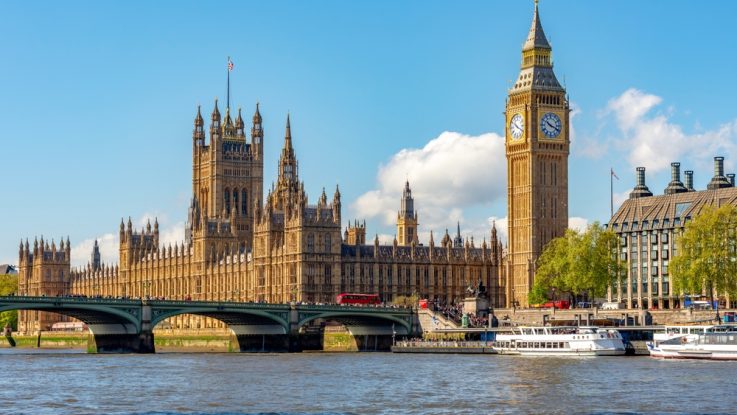
Transport UK London Bus (Tulb) recently introduced a fleet of electric double-decker buses to one of their busiest routes in the capital city. It also developed a depot to incorporate fully electric routes with power infrastructure, maintenance, and charging facilities.
Tulb partnered with Siemens and Siemens Financial Services from initial consultancy through depot redesign and retrofit, charging infrastructure implementation and optimisation, software management systems, and ongoing maintenance and optimisation. The company needed to find a charging solution for its limited footprint at the depot that could provide enough power to keep buses running during the day, with limited time to top up, and then provide significant charging power to charge overnight. The maximum charging time available for the buses on this busy route is around seven hours.
Siemens’ solution for end-to-end depot electrification included:
- Consultancy and depot simulation to identify opportunities to install charging solutions in the depot, while also minimizing space used;
- Installation of 34 150kW industrial rapid chargers to enable sufficient charging levels over the short periods of time that buses return to the depot. This was also supported by depot management software Depotfinity, which automatically optimizes charging sessions within a limited headroom, reducing energy usage, maintenance costs and power levels’
- A Sivacon S8 LV board, LV busbar and harmonic filtering to ensure that the relative power needs of the depot and charging stations are met; and
- A 14-year service level agreement and warranty to ensure both current and future needs at the site are met, and any charging issues are resolved quickly.
John Eardley, managing director, Tulb, said, “With the strength of financial support through Siemens Financial Services, Transport UK London Bus was able to build its electric fleet, including depot, charging infrastructure and grid connection, while minimizing capital expenditure.”